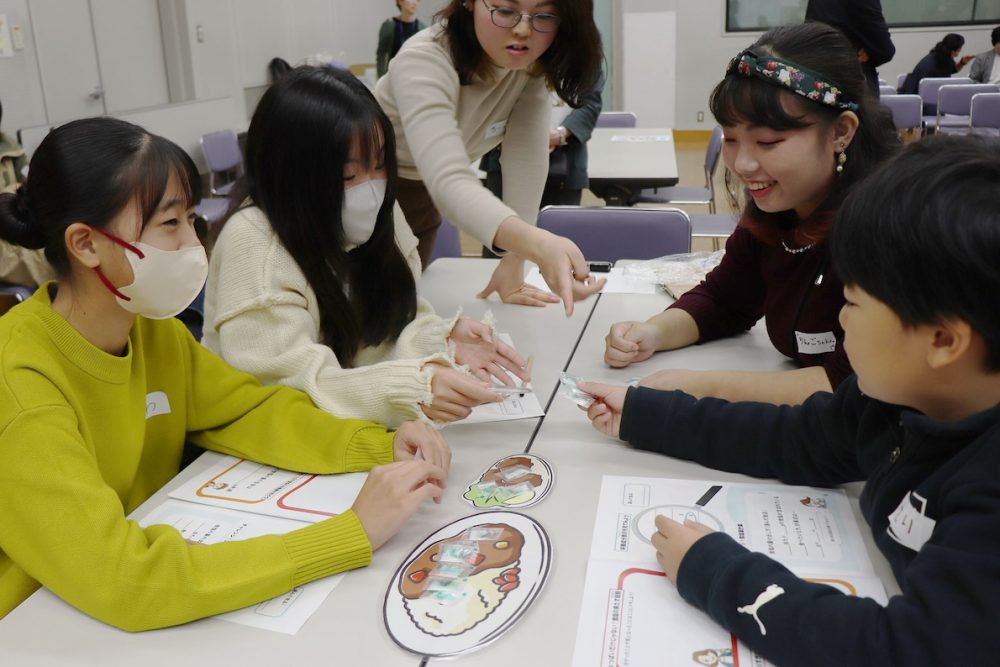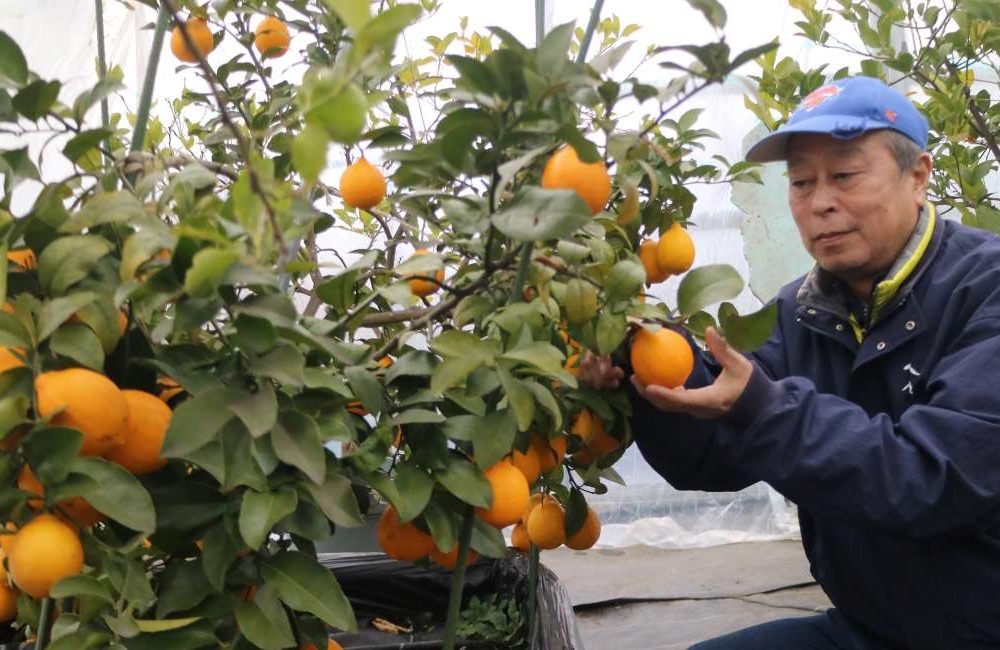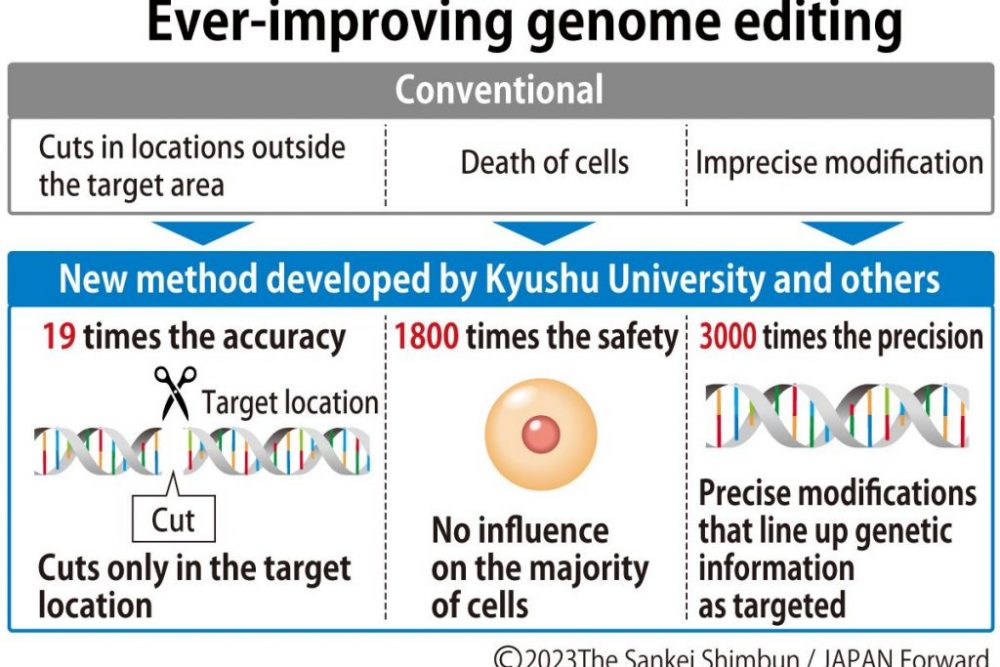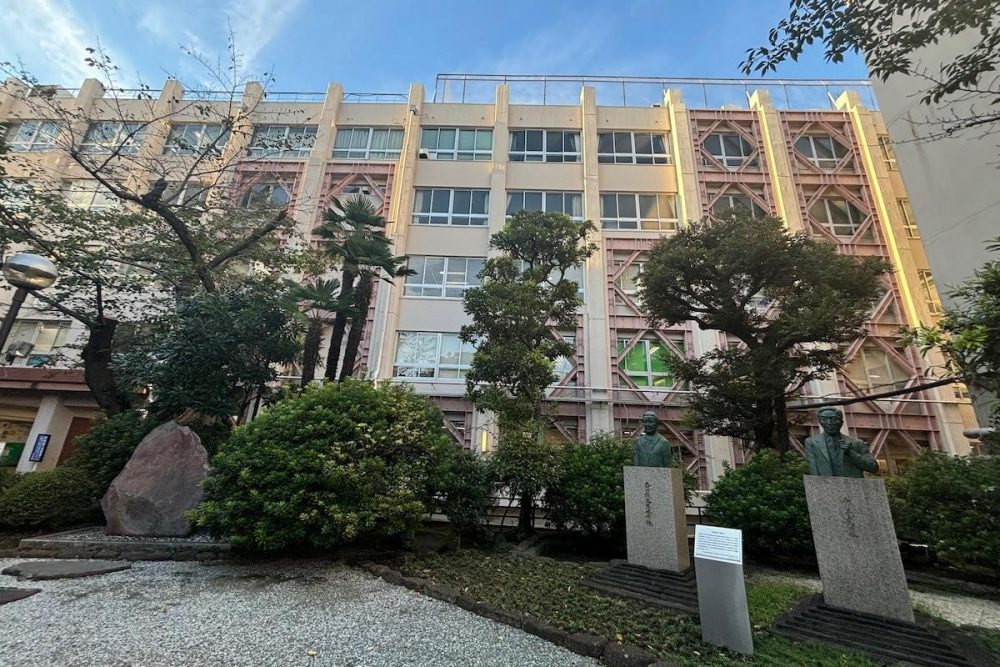ICNIM 2025: Global Experts Gather to Advance Functional Food Science
The ICNIM began as a small research forum centered on a single company's product but is now an international event drawing participants from some 30 countries.
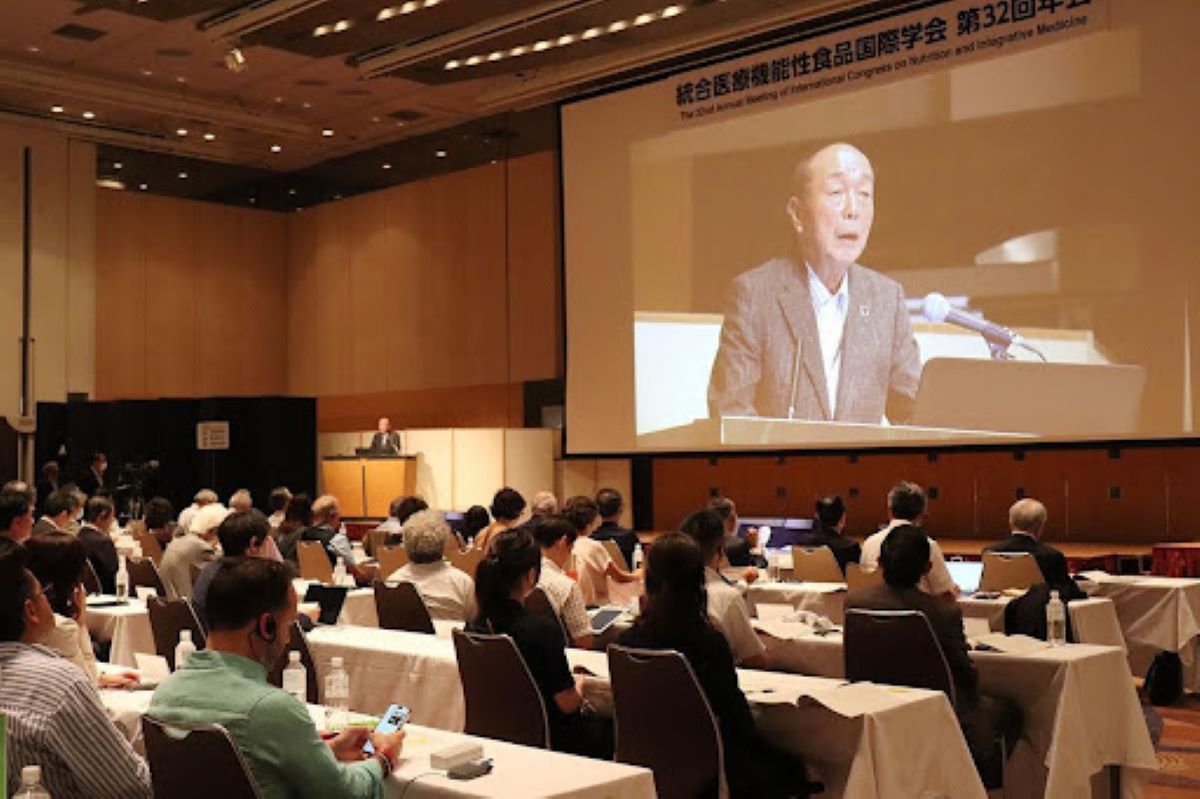
このページを 日本語 で読む
Every year between summer and fall, Sapporo welcomes an international gathering focused on the science behind integrative medicine and functional foods (foods with functions that help maintain and improve health). Known as the International Congress on Nutrition and Integrative Medicine (ICNIM), it began as a research forum for a single product developed by local biotech firm Amino Up. Today, it has grown into a major global conference, drawing researchers from nearly 30 countries and regions.
Advancing the Science of Gene Regulation
In July 2024, the conference brought together approximately 370 researchers from 27 countries and regions. Each year, it features keynote lectures on timely and innovative topics, and in 2024, its highlight was the keynote speech delivered by Professor Toshikazu Ushijima. Dr Ushijima, the president of Hoshi University, titled his lecture "Cancer and Epigenetics."
Epigenetics is the study of how gene activity is regulated without changes to the underlying DNA sequence. In his lecture, Professor Ushijima discussed how both epigenomic abnormalities and genetic mutations contribute to cancer development. He explained the correlation between DNA methylation abnormalities observed after Helicobacter pylori eradication and an increased risk of gastric cancer.
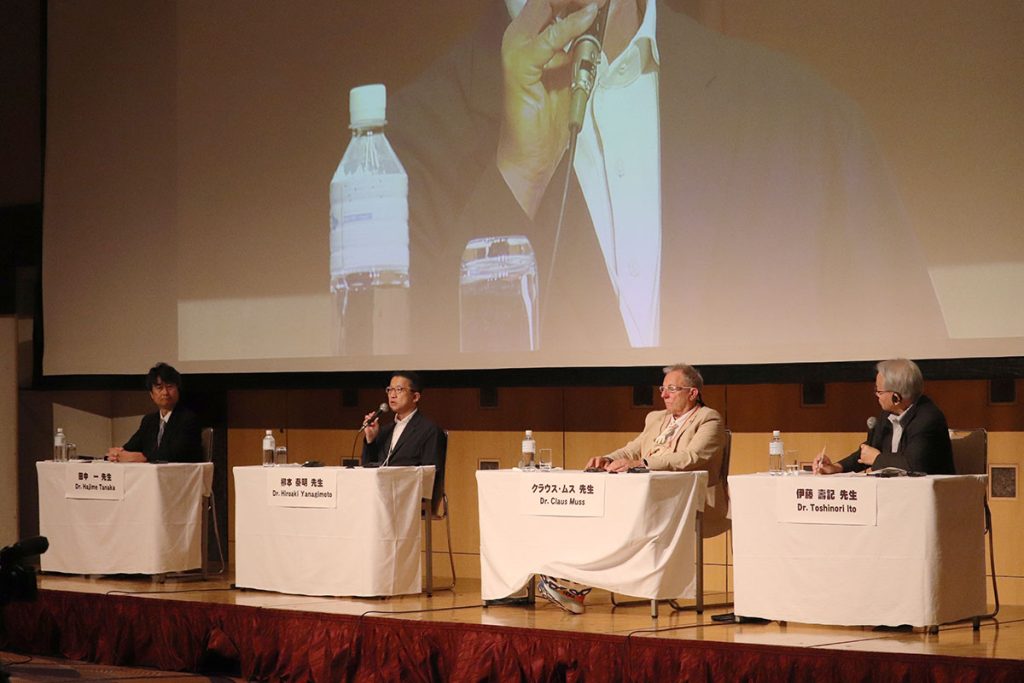
ICNIM2024 also included a public symposium titled "Living Better with Cancer," which drew about 300 participants, including online viewers. Physicians who work closely with cancer patients shared practical examples of how integrative medicine and functional foods are used in real-life care settings.
It All Started with a Single Product
Amino Up is a biotech company founded in 1984 in Hokkaido by Kenichi Kosuna. His original intention was to develop agricultural materials. He discovered that an extract cultured from mushroom mycelia promoted plant growth. That extract was commercialized as Amino Up, which later became the company's name.
Kosuna then turned his attention to human health. He focused on the bioactive properties of sterile extracts from basidiomycetes produced during the extraction process. After about five years of development, the company launched the functional food product AHCCⓇ.
At the time, the functional food market was still in its infancy and filled with both promising and questionable products. Some companies exploited patients' anxieties, selling unproven supplements at high prices or using misleading advertising.
Earning Trust
To set his company apart, Kosuna believed trust must be earned through evidence. He partnered with leading academic institutions to collect scientific data, including the University of Tokyo, Teikyo University, and Hokkaido University.
Researchers soon requested a platform for sharing information, leading to the formation of the AHCC Research Association in 1994. The first research meeting held the following year drew about 20 participants. Since then, the number of participants has grown steadily.
In 2016, the group adopted its current name. Its annual meeting has since evolved into a major international event with hundreds of attendees. The meeting is supported by the Hokkaido Bureau of Economy, Trade and Industry, Hokkaido Prefecture, and the City of Sapporo. An award system was also introduced to recognize outstanding presentations.
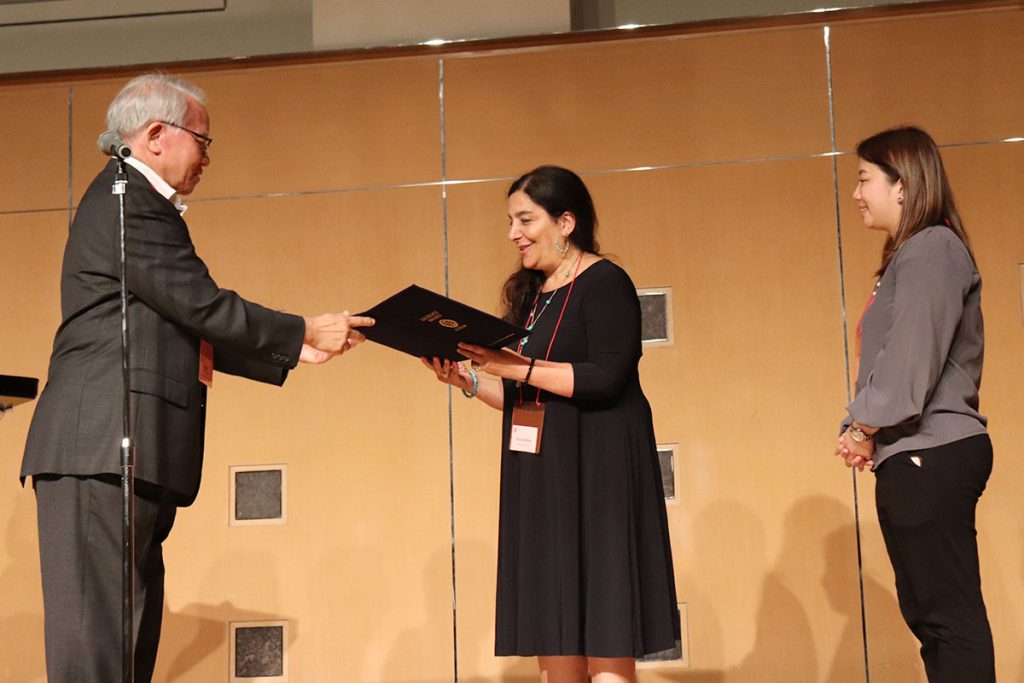
Masuo Hosokawa, professor emeritus at Hokkaido University and ICNIM's founding chair, reflects:
"Functional foods are gaining renewed recognition for their role in promoting health and preventing disease. What began as a small research group studying the effects and mechanisms of AHCC has grown into an international conference. It now explores a wide range of functional foods in the context of integrative medicine."
Complementing Western Medicine
"Modern Western medicine alone cannot fully relieve patient suffering. To improve quality of life, we need integrative medicine that includes complementary and alternative therapies," says Dr Toshinori Ito. He is the current ICNIM chair and director of the Osaka Center for Cancer and Cardiovascular Disease Prevention.
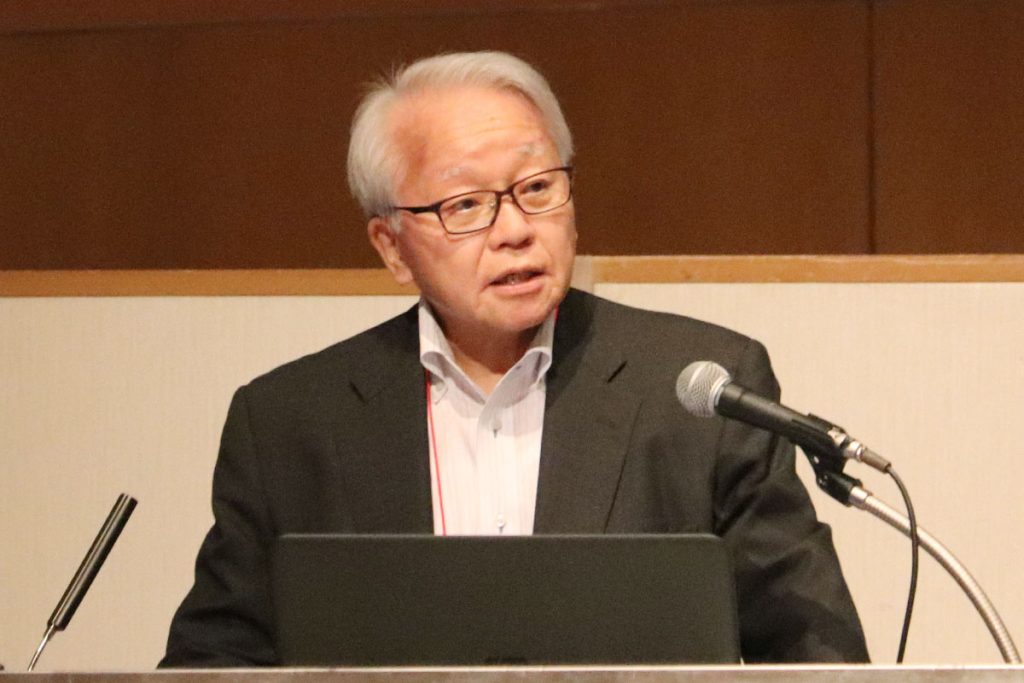
Dr Ito is a specialist in gastrointestinal surgery with particular expertise in pancreatic transplants. He has worked at the forefront of advanced medical care, performing simultaneous pancreas-kidney transplants and autologous islet transplants.
Even when organ function was restored, patients often continued to suffer from complications such as nerve damage or impaired circulation. Yet Western medicine often stopped there, leaving persistent pain unaddressed.
As Japan's population ages, the burden of disease has also shifted from acute conditions to chronic illnesses like hypertension and diabetes. Western medicine, which primarily targets symptoms, has clear limitations.
Dr Ito began exploring ways to combine complementary therapies, such as functional foods, yoga, massage, acupuncture, and herbal medicine. He came to see the need for integrative medicine that views patients holistically rather than focusing only on the micro level.
Boosting Immunity Against HPV and COVID-19
Key and groundbreaking findings have come out of research on AHCC, a central focus of ICNIM.
One example comes from Dr Judith Smith, a professor at the University of Texas Medical School. She specializes in pharmacological approaches to women's health and cancer. Dr Smith reported that continued AHCC intake eliminated persistent infection with human papillomavirus (HPV) — the virus that causes cervical cancer.
In most cases, the immune system clears HPV naturally. But when the virus persists, the risk of developing cervical cancer increases significantly.
Globally, cervical cancer affects around 600,000 women each year and causes approximately 340,000 deaths.
While vaccination can prevent infection, no treatment exists to eliminate HPV after infection. That contrasts with Helicobacter pylori, which causes stomach ulcers. Dr Smith says she has seen firsthand the anxiety many women feel after an HPV infection diagnosis, knowing it could lead to cancer.
From 2012 to 2014, she confirmed AHCC's efficacy in mouse models. She presented her findings at conferences held by the Society for Integrative Oncology (SIO) and the Society of Gynecologic Oncology (SGO). In 2018, she announced results from a Phase II randomized, double-blind, placebo-controlled trial. It involved women with high-risk HPV infections lasting more than two years. For this work, she received ICNIM's Award for Outstanding Research Presentation.
Efficacy in the Face of a Pandemic
Another notable report came at the 30th annual meeting of ICNIM in 2022, during the height of the COVID-19 pandemic.
At Kitakawachi Fujii Hospital in Osaka, no COVID-19 cases were reported among healthcare workers who took AHCC before vaccination. In contrast, infections occurred in the group that had not taken AHCC. Although more research is needed to clarify its immune-related mechanisms, AHCC's potential in infection prevention has drawn widespread interest.
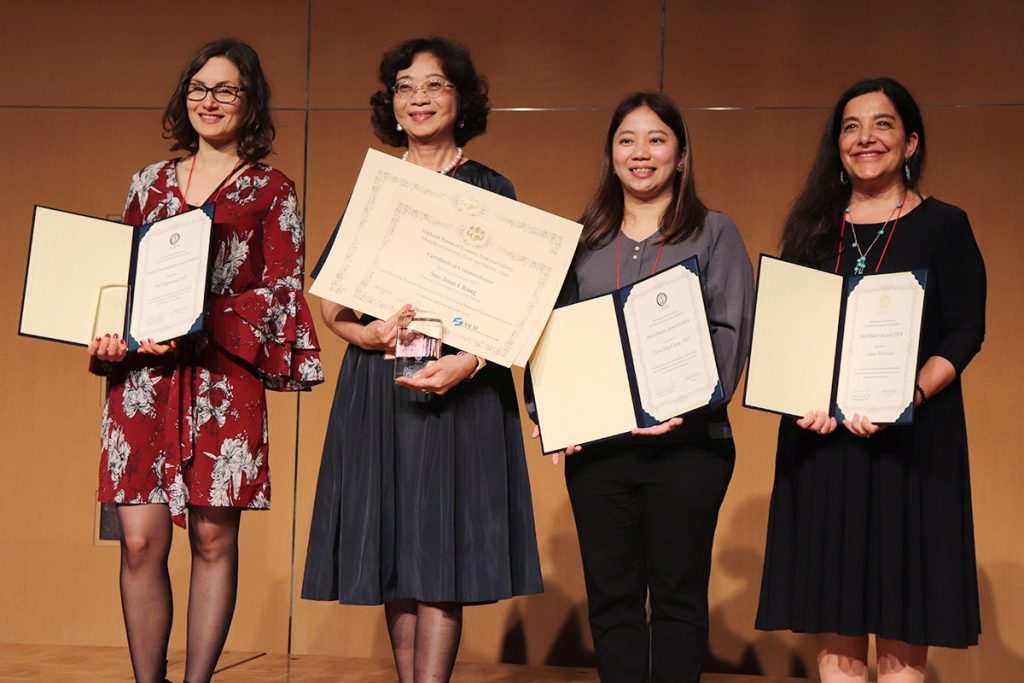
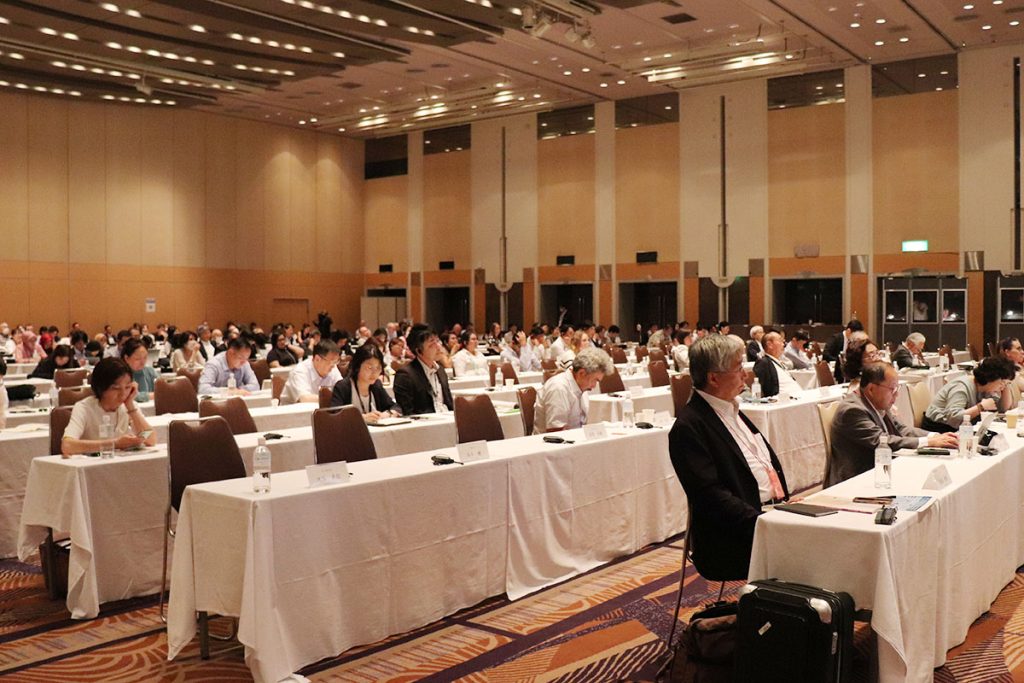
Digging Deeper into Epigenetics in 2025
The 33rd annual meeting ICNIM will take place in Sapporo on November 8 and 9, 2025. Like 2024, the keynote lecture will focus on epigenetics.
Dr Zdenko Herceg of the World Health Organization's International Agency for Research on Cancer (IARC) is scheduled to give the keynote lecture. He plans to focus on current cutting-edge developments in cancer and epigenetics research.
Jun Takanari, chair of the ICNIM2025 organizing committee, explains: "Last year's conference was our first deep dive into epigenetics. This year, we want to further explore the topic. If we can regulate genetic expression through lifestyle factors like diet and environment, we may be able to help prevent cancer itself."
In Japan, functional foods and traditional or alternative medicine are not covered by national health insurance. As a result, integrative approaches are often overlooked in standard clinical settings.
However, providing scientific evidence in integrative medicine supports disease prevention and helps reduce long-term healthcare costs. From Sapporo, ICNIM continues to promote the global potential of integrative medicine based on functional foods.
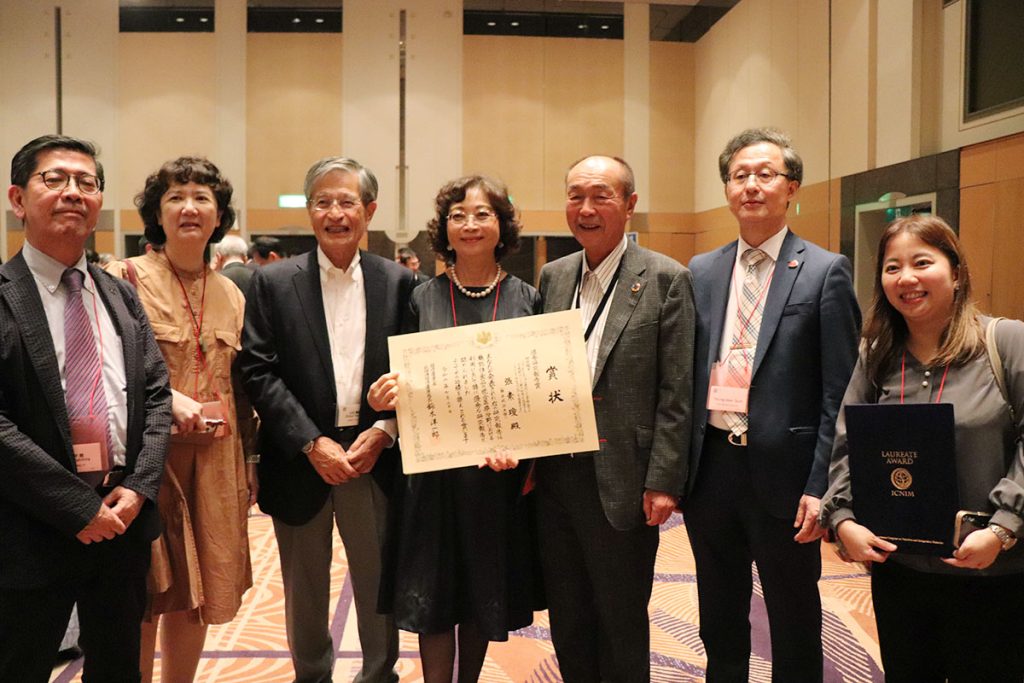
RELATED
- Biotech Company Amino Up: Improving Agriculture and Health Around the World
- Health Japan 21: A New Navigation Chart for the Super-Aged Society
Author: Mika Sugiura
このページを 日本語 で読む






